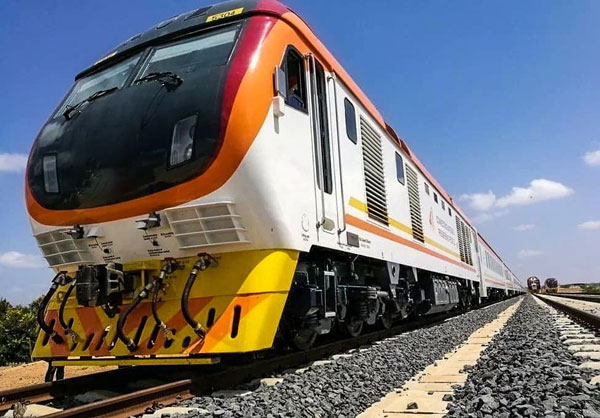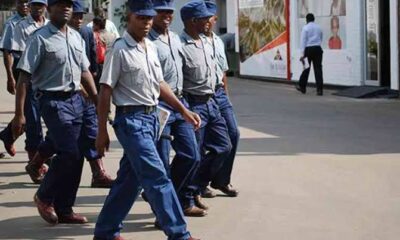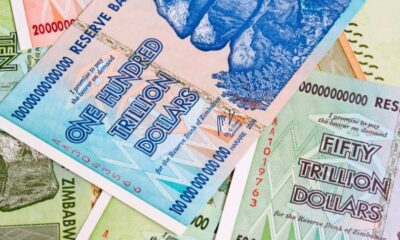To increase freight volumes that had fallen as a result of decades of underinvestment, Zimbabwe’s state-owned railway operator has opened up its network to private operators, including a division of South Africa’s Grindrod, an official said.
At its height in the 1990s, Zimbabwe’s National Railways handled 12 million tonnes of cargo annually; today, however, due to a shortage of locomotives and inadequate maintenance of its rail system, it handles less than 3 million tonnes.
In addition, the collapse came after a precipitous fall in mineral and agricultural production brought on by the violent takeover of white-owned farms in 2000, which was supported by Robert Mugabe, the former leader of Zimbabwe.
Nonetheless, China’s desire for lithium and chrome is the primary driver of the recovery in mineral output.
Recent years have seen the establishment of iron ore, steel, chrome, and lithium enterprises in Zimbabwe by Chinese corporations including Tsingshan Holdings, Sinosteel, Sinomine, Zhejiang Huayou Cobalt, and Chengxin Lithium.
Through Mozambique’s ports, they export minerals to China, and the NRZ’s present capability isn’t keeping up with the expanding volume of commodities being exported. With the help of private businesses, the state-owned organisation is currently trying to increase its capacity.
“Last year we uplifted 2.8 million tons against the available business of 3 million tons,” NRZ spokesperson Andrew Kunambura told Reuters in an interview on Wednesday.
“So these private companies are coming in with their locomotives and wagons to augment what we have.”
As part of the agreement, Grindrod has deployed three locomotives and 150 waggons through its Zimbabwean subsidiary, Beitbridge Bulawayo Railway, since March.
The logistics company based in South Africa is preparing for goods train partnerships in the region as underfunded state-owned operators allow private players to access its deteriorating networks.
The mineral-rich country is seeing an increase in new mining operations that need more rail capacity. It also contains some of the largest resources of copper and lithium in the world, which are needed for renewable energy.
To capitalise on the growing market potential in the area, Grindrod has reorganised its rail division, CEO Xolani Mbambo informed analysts last week. The DRC’s inland railway business and Transnet, a South African corporation that also intends to open up its network to private operators, are potential partners for the company. Recently, the company reached an agreement to cooperate with Transnet.


 Politics2 days ago
Politics2 days ago
 VenturesNow2 days ago
VenturesNow2 days ago
 Metro2 days ago
Metro2 days ago
 Musings From Abroad2 days ago
Musings From Abroad2 days ago



























